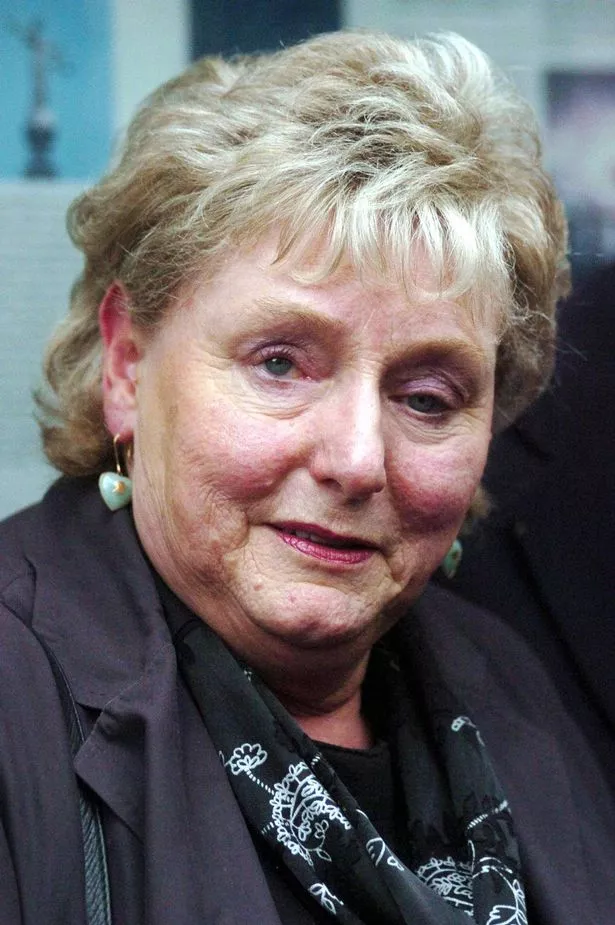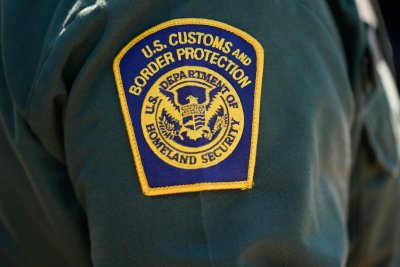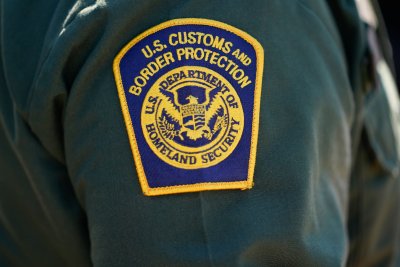Sheridan Smith stars in ITV’s new four-part series, I Fought The Law, as Ann Ming, whose daughter, Julie Hogg, was tragically strangled to death by Billy Dunlop
Ann Ming’s relentless fight for justice for daughter is nothing short of remarkable. On 16 November 1989, Billy Dunlop, 25, strangled 22-year-old mum-of-one, Julie Hogg, to death – and hid her corpse behind a bath panel in her home in County Durham.
Julie was tragically found decomposing by her mother, Ann, 80 days later and, despite evidence against Dunlop, juries twice failed to find him guilty of the crime.
However, while serving a prison sentence for unrelated violent offences, Dunlop confessed to Julie’s death. But there was a twist: under the centuries-old double jeopardy rule, he couldn’t be tried again for the same crime.
READ MORE: I Fought The Law’s Sheridan Smith left ‘shaking mess’ over murdered woman hidden under bathREAD MORE: ‘I discovered my daughter’s body after she was murdered and her killer didn’t get jailed for years’
However, for Ann, played by Sheridan Smith in ITV’s new adaptation of the tragedy, I Fought the Law, giving up wasn’t an option. She petitioned politicians for more than a decade, lobbied the media and refused to let Julie’s case go unheard, with unwavering support from her husband Charlie, played by Daniel York Loh, in the crime drama.
So, as we wait to watch the four-part series, which starts on ITV at 9pm tonight, here’s the chilling discoveries that lead to Dunlop’s arrest and eventual life imprisonment…
Ann Ming finds her daughter’s body
When Julie disappeared from her home in November 1989, leaving behind her toddler son Kevin. Her mother, Ann, immediately sensed something awful had happened.
Three months later, her maternal instincts were tragically vindicated. She discovered Julie’s body, hidden under the bath at her home.
Ann agreed that her daughter’s husband, who Julie had been in the process of separating from when she was killed, could move back into her daughter’s house with their three-year-old son, Kevin.
However, when her son-in-law went inside the home, he complained a strange smell was coming from the bathroom. Ann noticed the bath panel was loose and pulled it away, uncovering her daughter’s body, wrapped in a blanket: “That was the start of a living nightmare,” she said.
Chilling evidence heard at trial
Dunlop, who knew Julie from their local area and visited her at home after a day’s drinking before killing the mum-of-one, went on trial at Newcastle Crown Court on 7 May 1991, where a jury heard that there was finger print evidence on Julie’s keys.
Dunlop’s sperm was also on the blanket he’d wrapped her in, and there were fibres from the jumper he’d been wearing.
The prosecution team felt it was strong enough evidence to satisfy a jury – but, sadly, they were mistaken. The jury failed to reach a verdict and the judge ordered a retrial for 3 October 1991.
Dunlop’s defence team tried to then convince the jury that Julie had died of natural causes following a consensual act between her and Dunlop. However, they failed to reach a verdict for a second time and Dunlop was acquitted and could never be trialled again due to the double jeopardy law and walked away a free man.
Dunlop confesses
While serving a prison sentence for unrelated violent offences after the trial, Dunlop confessed to Julie’s killing. But there was a twist: under the centuries-old double jeopardy rule, he couldn’t be tried again for the same crime.
The police wanted to arrest him for perjury, but needed more evidence than just an admission.
As a result, a female prison officer wore a wire and obtained 90 hours of material about what happened on the night of Hogg’s death. He was arrested, pleaded guilty to the murder, and jailed for six years to be served consecutively to his existing sentence.
Ann’s battle for justice – ‘For once in my life, I’m speechless’
Driven by grief and determination, Ann launched a 15-year campaign to overturn the centuries-old double jeopardy law – which once prevented a person from being tried twice for the same crime.
Of course, Ann wasn’t satisfied with Dunlop’s perjury sentence and asked her MP, Frank Cook, to help her meet Home Secretary Jack Straw to scrap the double jeopardy law. He recommended she speak to the Law Commission and, in 2002, her 13 years of campaigning finally came to fruition.
A white paper advising changes be made to the legislation, to affect both future and retrospective cases, was presented in parliament by David Blunkett, and in April 2005, the 800-year-old law was binned for good. Ann told reporters at the time: “I just can’t believe it. For once in my life I’m speechless.”
In September 2006, Dunlop went on trial at the Old Bailey and was found guilty and sentenced to life behind bars. All his requests for parole and to be moved to an open prison have been denied.
Follow Mirror Celebs on TikTok , Snapchat , Instagram , Twitter , Facebook , YouTube and Threads .






